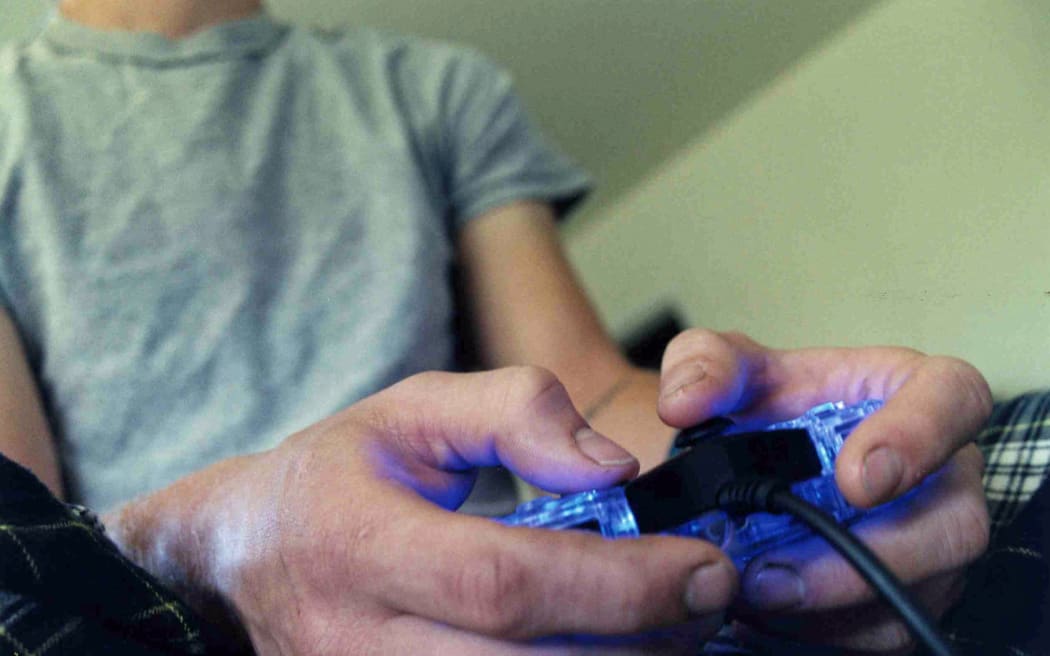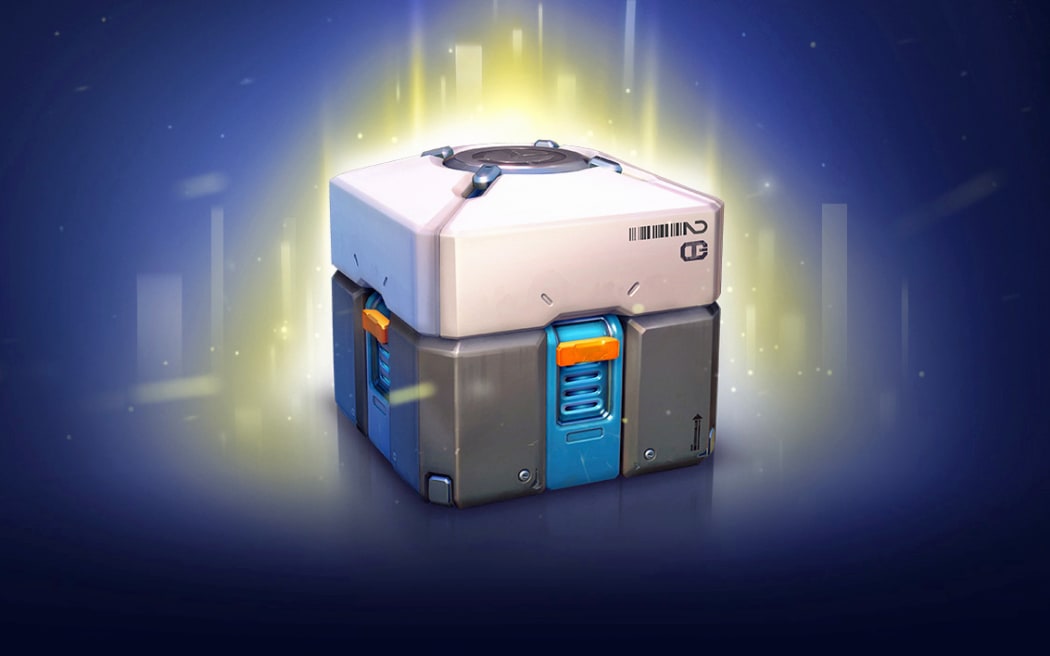Chasing reward.

Photo: Flickr/Rebecca Pollard
Every day and night in Las Vegas, whales are taken for a ride.
“Whales” are gamblers who consistently risk and lose large sums of money. They are, for the most part, addicts.
The Problem Gambling Foundation fears a new generation of whales is being groomed. Their weakness - video games like football simulator FIFA 18 and first-person shooter Overwatch, which feature “pay-to-loot” systems.
A pay-to-loot system involves players being incentivised to spend real money in return for an upgrade or reward or card pack. The value of what they receive is randomised.
For example, in FIFA 18, players can spend money to improve their “Ultimate Team” of footballers, while in Overwatch, “loot boxes” can be bought to customise players' profiles.
Other games that include pay-to-loot include Counter-Strike: Global Offensive, Battlefield 1, Gears of War 4, Call of Duty: Infinite Warfare, Dirty Bomb and Hearthstone.
Pay-to-loot is relatively new in video games, but has been around longer in tablet and smartphone apps. It has fast become many developers’ main source of income from their games.
Psychologist Emil Hodzic, who specialises in video game addiction and software abuse, told RNZ’s Nine To Noon pay-to-loot is similar to the psychology behind card games like Magic: The Gathering and Pokémon.
“There’s a certain algorithm developers apply that calculates the likelihood of you getting a high quality item and that’s very, very low … research shows that addiction can come from this randomised prospect of getting a quality reward.”

A "loot box" in Overwatch. Photo: Image: Blizzard Entertainment
Hodzic said his patients tend to be either men aged between 25-30 or adolescent boys. He said most are gambling without knowing it.
“For the males in their late-20s or early-30s, it is often a case of they’ve spent $300 in one day.”
“The younger ones are either accidentally or impulsively taking their parents’ credit cards and spending money online, even setting up eBay accounts under fake names with the cards attached so they can start purchasing and trading things.”
Hodzic said the “potentially toxic” competitive aspect of playing video games against other people makes the risk of addiction worse.
Problem Gambling Foundation chief executive Paula Snowden, told Nine To Noon authorities need to investigate what regulation can be imposed on pay-to-loot games.
“We’re hearing it more and more in counselling sessions with clients. It looks to us like the tip of an iceberg.”
She said 50 percent of gambling addiction in New Zealand relates to pokie machines, but other forms are growing.
“The addiction risk with pokies is chasing reward, and it’s the same thing in these video games. We have to get serious about these things because they are gateways to other addictions.”
Gambling rules in New Zealand prohibit advertising aimed at under-18s, but most games that feature pay-to-loot are either “G” or “M”-rated.
Snowden said it’s duplicitous to allow advertising for these games.
Take mobile game Game of War, for instance, where players can purchase rewards like extra turns and special powers. Millions have been spent on ad campaigns that are broadcast during prime time television and feature Kate Upton and Mariah Carey.
Snowden said there remains a huge stigma around gambling, and many young people are afraid to speak out if they suspect they may have a problem. When it comes to video games, she said many don’t believe they actually have a problem.
As an old saying in Las Vegas poker rooms goes, if you can’t spot the whale in the room, it’s you.
If you need to talk to someone about your own gambling or gaming , try these helplines:
National Gambling Helpline: Call 0800 654 655 (24/7) or text 8006
Problem Gambling Foundation: 0800 66 42 62 (main number) 0800 862 342 (Asian Family Services)

